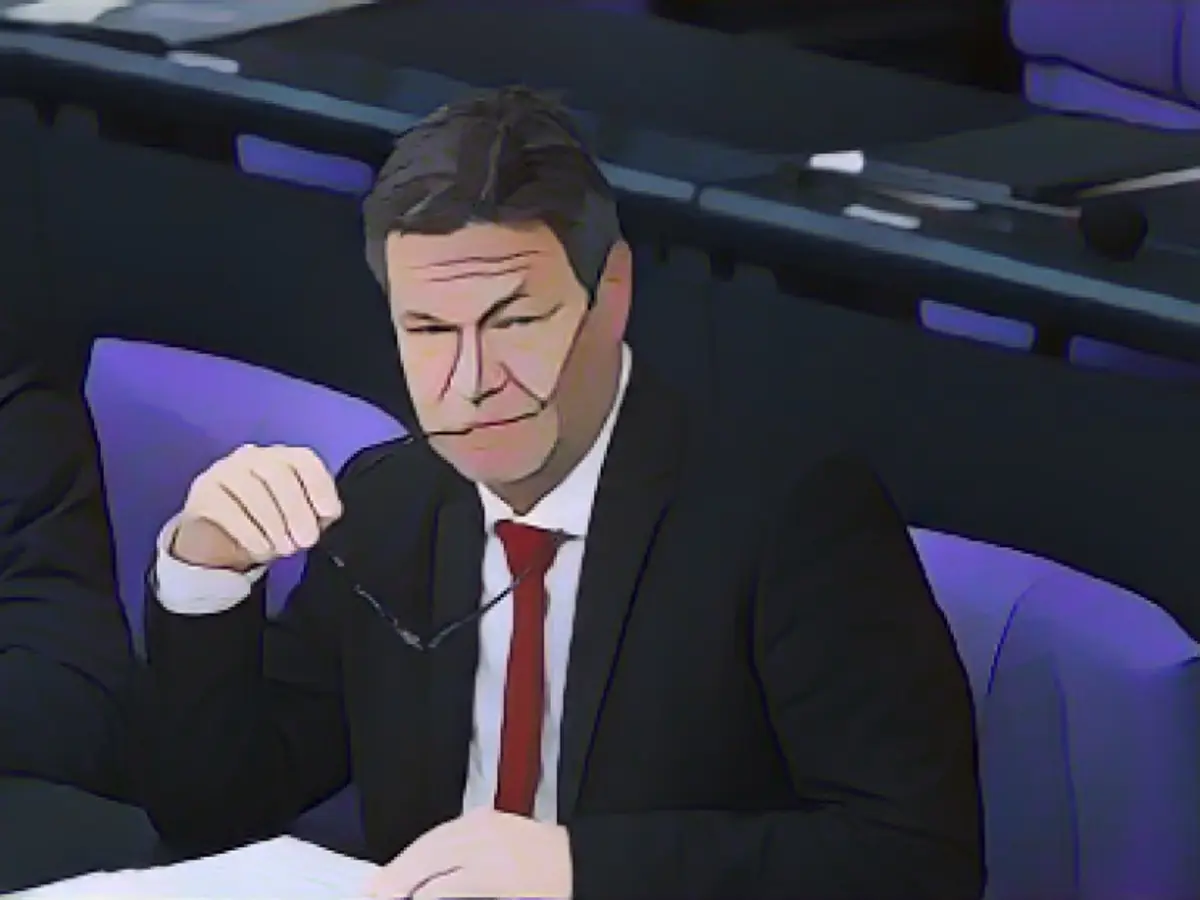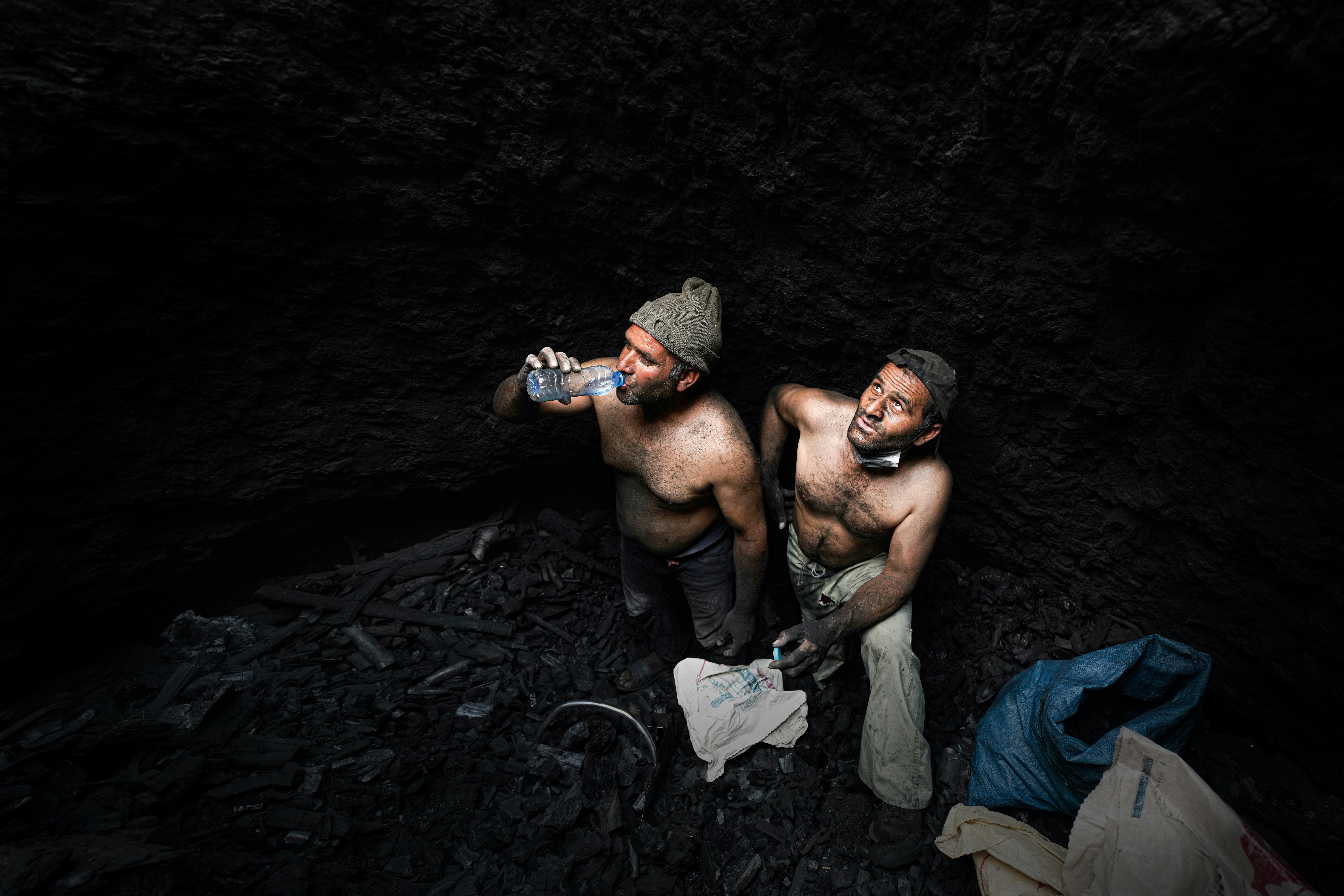Budget crunch and energy woes loom over Habeck's coal phase-out push
Appearance of doubt: Germany's energy shift under fire
Amidst the economic turmoil, the future of coal in Germany remains ambiguous. As a prominent source of base-load electricity, coaling plants provide approximately 25% of Germany's energy, with lignite contributing 17%, and hard coal contributing 9%. Easing coal off the grid hinges on procuring viable alternatives.
Kerstin Andreae, the BDEW's energy association head, foresees the budget crisis impacting "Germany's climate protection and energy policy" heavily. The trajectory of coal phase-out hinges chiefly on whether Germany will have enough hydrogen-capable gas-fired plants by 2030.
With construction requiring six years from inception, the lack of imminent action may lead to inadequate capacity. The BDEW warns that if action isn't taken soon, the desired outcome will not be attainable. Unsurprisingly, the intended "power plant strategy" was postponed due to financial uncertainties.
Questions about gas-fired energy's climate value arose, as a Cornell University study revealed that coal-generated electricity produced fewer greenhouse gases than liquefied natural gas (LNG). Hard coal electricity production even proved cheaper than LNG.
Related Reading:
- Amid the budget crisis, Economics Minister Robert Habeck, a Green Party leader, faced a setback in his push to construct gas-fired power plants for energy transition purposes, as financial insecurities dented the project's timing.
- The upcoming budget crisis meeting at the Chancellery, featuring Habeck, underscores the urgent necessity of navigating domestic energy dilemmas.
- An intriguing social media post depicted coal, symbolizing fossil fuels, greens symbolizing renewable energy, and Habeck, sparking debate about Germany's energy metamorphosis.
Enrichment Insights:
The actual elimination date of coal from Germany's power grid currently isn't set in stone. The original goal of phasing out coal by 2030 or 2038 at the latest (originally not legislated) encountered challenges, and speeding up the process necessitates substantial budget and investment commitments.
- The government intends to cut coal usage by installing new gas plants that can later run on hydrogen, but securing investors for these endeavors remains elusive due to the high capital investment required.
- The nation continues to invest in alternative energy sources like solar and wind energy and build terminals for liquefied natural gas imports.
In summary, despite political willingness to accelerate Germany's coal departure, financial and budgetary constraints further complicate the process. The energy transformation emerges as a formidable challenge requiring substantial resources and proactive decision-making.







